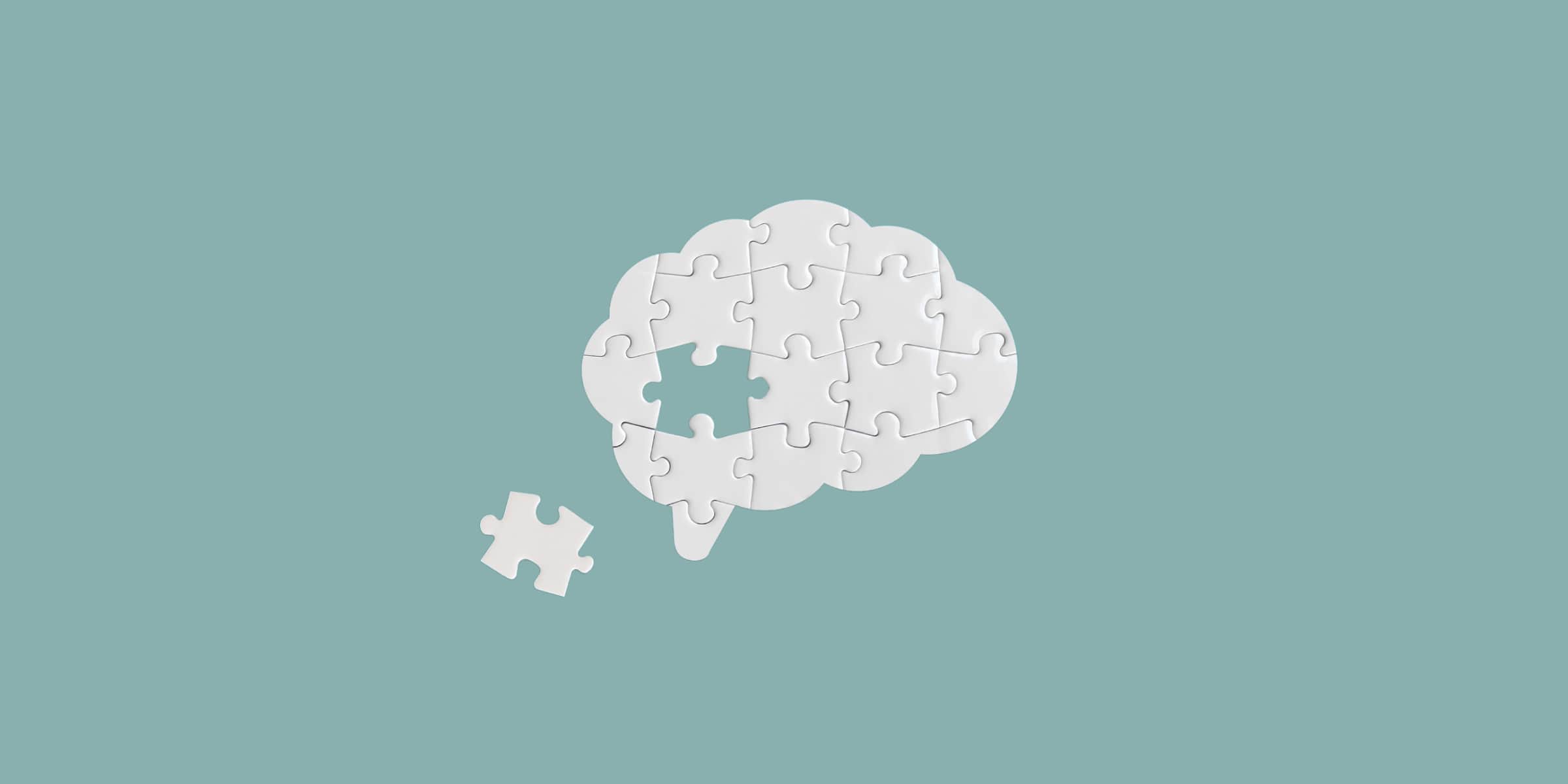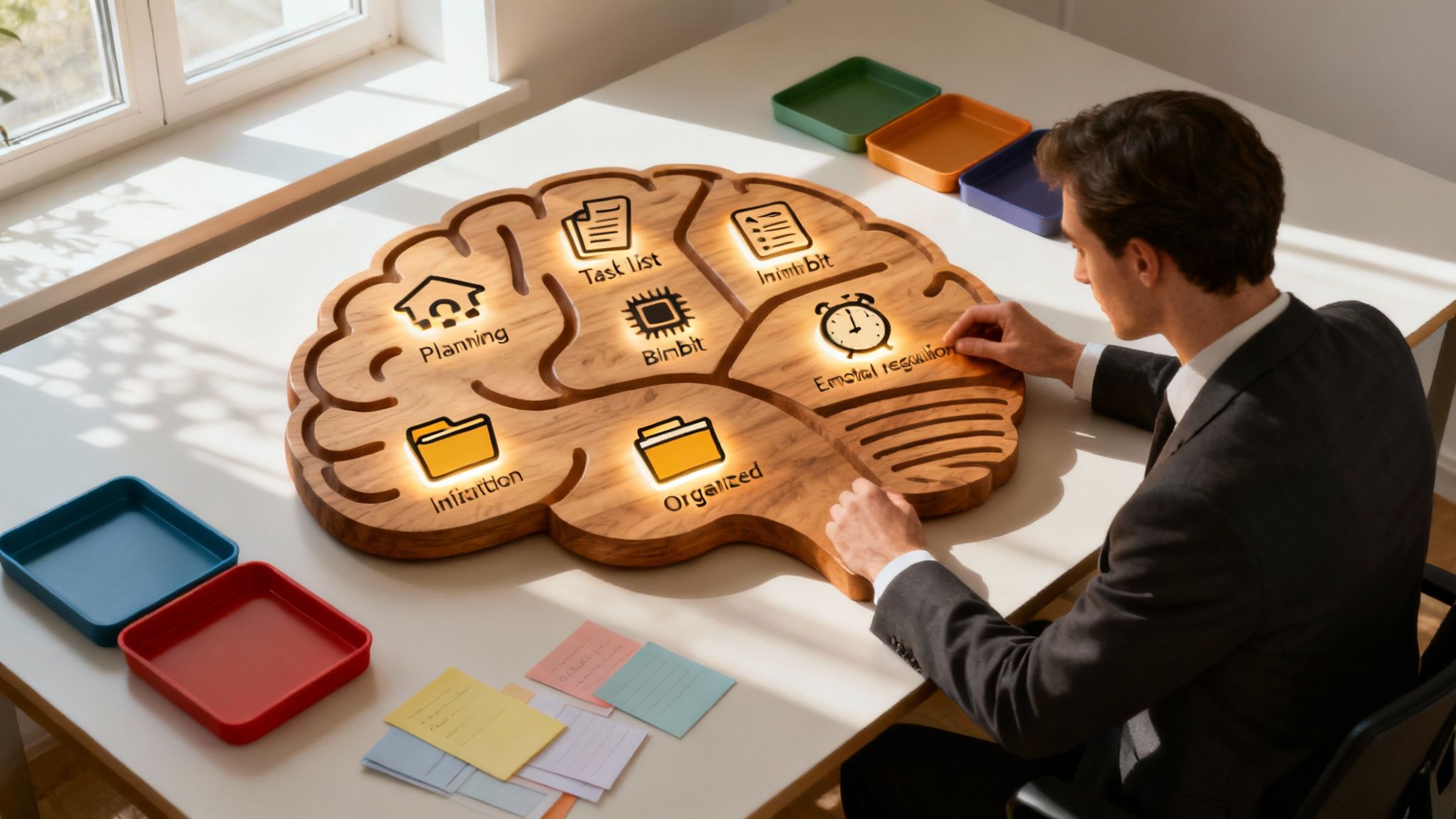For too long, the media has presented attention-deficit/hyperactivity disorder (ADHD) as an overdiagnosed condition, especially in children.
But the reality is, there are plenty of people — adults in particular — who have yet to be correctly diagnosed. Because much of the early diagnostic criteria is focused on children, adults with ADHD are increasingly joining the “late diagnosis club.” Commonly, many of these adults have been misdiagnosed with other psychiatric conditions first.
ADHD symptoms include:
- Distractibility
- Lack of focus
- Difficulty completing tasks
- Restlessness
- Impulsivity
- and so much more
The “and so much more,” however, isn’t talked about nearly enough. It’s why ADHD is so often missed in the first place! Some of those other symptoms include struggling with things like:
- Poor self-esteem
- Emotional dysregulation
- Sensitivity to criticism and rejection
- Anxiety
So, let’s talk about this. What are folks with ADHD being misdiagnosed as — and more importantly, why does this happen more often than not?
5 common misdiagnoses in people with ADHD
1. Major depressive disorder (MDD; depression)
Research has increasingly shown that emotional dysregulation is a core aspect of ADHD.1 This involves feeling negative emotions (irritation, sadness, and anger) more intensely than our neurotypical counterparts. This, combined with our struggles in relationships, school, and work, can greatly impact our mood.
While depression can exist alongside ADHD, it’s worth speaking to a clinician if you’re still struggling — especially with concentration and focus — despite receiving treatment.
2. Generalized anxiety disorder (GAD; anxiety)
Missed deadlines and appointments, procrastinating until the very last minute, rocky relationships, difficulty completing tasks and finishing projects…
When you have ADHD, there’s a lot to be anxious about! It’s no wonder half of us are diagnosed with an anxiety disorder. While you’ll often spot the two together, some clinicians are quick to diagnose anxiety, but not ADHD.
If you have trouble concentrating and completing tasks on top of the anxiety, this can be an indicator that something more is going on.
3. Social anxiety disorder
Speaking of anxiety, it’s not uncommon for people with ADHD to be anxious about social situations, too.
Maybe it’s because we often blurt things out or speak out of turn. It could also be because we’re extra sensitive to perceived rejection or criticism, known as rejection sensitive dysphoria (RSD).
Our sensitivity, perfectionism, and intense emotions around relationships can throw some clinicians off the ADHD trail. Finding a clinician that’s more familiar with ADHD can be helpful in ruling other disorders out.
4. Borderline personality disorder (BPD)
Rejection sensitive dysphoria can be an intense and overwhelming experience. Our reactivity — particularly to abandonment and criticism — can lead us to react and behave in extreme ways. It’s not uncommon to hear about people with RSD having emotional outbursts, intense rage and anger, or even engaging in self-harm.
Clinicians who focus on the rejection sensitivity may mistake it for borderline personality disorder, of which a fear of abandonment and turbulent relationships are a key feature.
However, upon closer examination, it may in fact be a manifestation of ADHD, especially if other symptoms — like having a lack of concentration and difficulty completing tasks — are present.
5. Bipolar disorder (type II)
Bipolar disorder? Yes, this misdiagnosis is more frequent than you might think. Bipolar disorder, particularly type two, involves hypomania, which includes:
- Impulsivity
- Restlessness
- Elevated mood
- Talking fast
- Inflated self-esteem
- Irritability
…and all of these things can cause a quick shift into a depressed mood.
ADHD can include many of these same challenges as well. And since emotional dysregulation is also a part of ADHD, the likelihood of misdiagnosis is quite high.
Again, seek out a doctor that’s well-versed in both conditions so they’re better-equipped to rule out the inaccurate condition.
If you think you’ve been misdiagnosed…
Diagnosis is an imperfect science, and clinicians are human beings! Misdiagnoses can happen. It’s always best to speak to a specialist with experience in treating ADHD for the most accurate evaluation. You can also read more about the experiences of people with ADHD to see what resonates with you. Start with the Inflow blog and work your way out.
Remember, it’s never too late for an accurate diagnosis. If you’re questioning the labels you’ve been given, don’t hesitate to reach out for support.








